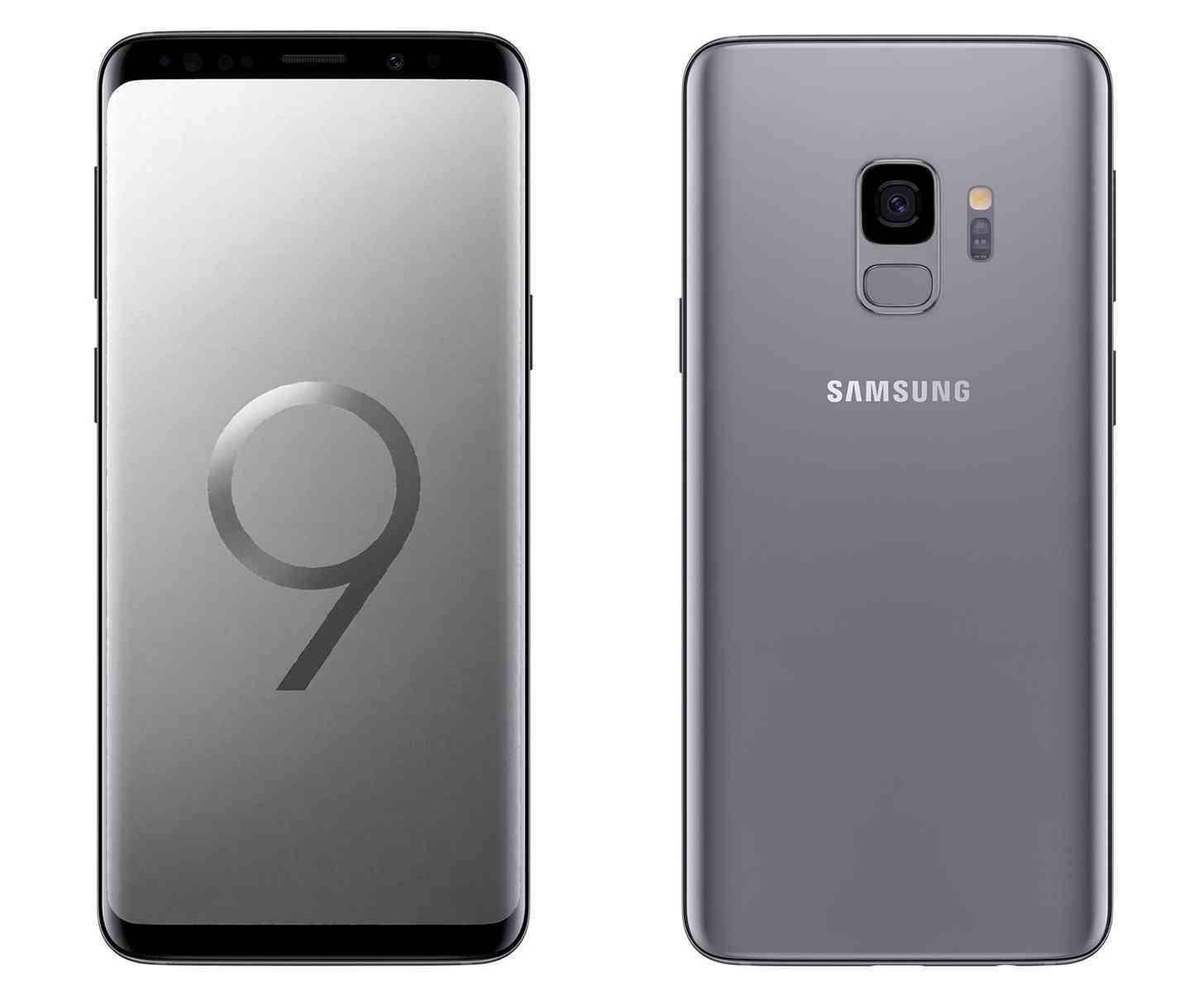
Last year, Apple made waves by not only announcing the iPhone X with its unique "notch design", but also because the company was charging quite a bit of money for the entry-level variant of the handset. The price of entry to get on the train for Apple's newest flagship smartphone was $999 in the United States, and even higher in other countries.
Of course, this is Apple and price is something that has always been something that gets put under the microscope. With so many competing products out there, and most of it available for a distinct difference in price on the lower end, the fact that Apple all-of-a-sudden wanted to start charging a grand for its newest phone wasn't all that surprising.
Some had even argued that it was only a shock that it took this long.
Still, Apple didn't only launch the iPhone X and call it a day. It also offers the iPhone 8 and iPhone 8 Plus, and there are still older models to choose from, too. If you want an iPhone but don't want to fork over $1,000 to do so, there are ways to do that.
Not that Apple is seeing a huge backlash against the pricing, though. The company's latest quarterly earnings were huge, and part of that comes from iPhone X sales. Even as rumors swirl that sales for the newest iPhone weren't that great, Apple's own sales figures and statements suggest the opposite. At the very least, it looks like the iPhone X has been selling well as far as Apple is concerned.
Will other companies see the same thing happen when/if they raise prices for their own phones?
We might find out this year with the upcoming Galaxy S9 and Galaxy S9+. Word on the street is that Samsung is going to charge quite a bit of money for each handset, in the same ballpark as the iPhone X. And since this is Samsung, the possibility that it may be following in Apple's footsteps doesn't seem impossible.
One has to wonder if Samsung will have a harder time selling the Galaxy S9 at a steeper price point, though. The newest next big thing for Samsung probably won't be all that different from the Galaxy S8 before it. At the time of this writing Samsung hasn't announced the new flagship yet, but rumors only point to a variable aperture in the camera system, a dual camera system on the Galaxy S9+, and a repositioned fingerprint reader.
None of that really seems to beckon a higher price tag.
All of that got me thinking: Are higher smartphone prices making you consider switching away from the premium flagship tier and opting for more mid-range devices? There's no denying the mid-range market has improved a lot over the years, and there are some great options to look at.
Are you planning on switching to a more affordable smartphone in the near future? Or are you sticking with the premium models, even if their prices continue to rise? Let me know!
As flagship prices rise, are you considering more affordable options? originally posted at http://phonedog.com
No comments:
Post a Comment